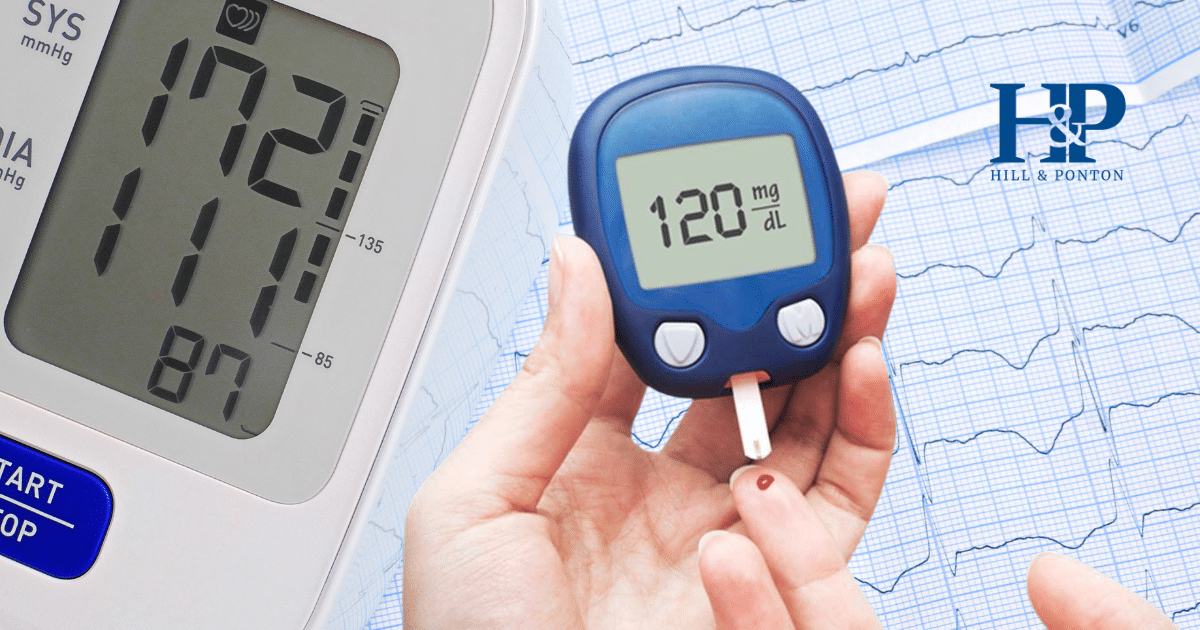Gastroesophageal Reflux Disease (GERD) is a common issue among veterans, often linked to military service factors such as stress, irregular meal schedules, and exposure to environmental hazards. If you’ve filed a VA claim for GERD, a Compensation & Pension (C&P) exam is a critical part of the VA disability claims process. The exam will help determine if you have GERD and assess the severity of your condition to establish your VA disability rating.
In this guide, we’ll walk you through everything you need to know about the GERD C&P exam — what to expect, how to prepare, and how to improve your chances of securing a fair VA rating.
What Happens at a C&P Exam for GERD?
A C&P exam for GERD is designed to evaluate two main things:
- Diagnosis Confirmation: The examiner will determine if you have GERD or another related digestive disorder.
- Severity of Symptoms: If GERD is confirmed, the examiner will assess the severity of your symptoms and the impact on your work, life, and social functioning.
Under new regulations, VA now places significant emphasis on daily symptoms, medication use, and treatments. Specifically, VA considers whether you have recurrent esophageal strictures that cause dysphagia (difficulty swallowing), and whether these conditions are being managed through treatments like dilation, surgical correction, or daily medication.
What to Expect During the Exam
The C&P exam for GERD is not something to be anxious about, but it’s important to be prepared. Here’s what typically happens during the exam:
1. Review of Medical History
The C&P examiner will begin by reviewing your medical records. This includes previous diagnoses, treatment history, and any evaluations related to GERD. Provide documentation of any recurrent esophageal strictures and treatment plans such as dilation or the use of daily medication to manage dysphagia.
2. Discussion of Your Service History and Onset of Symptoms
The examiner will ask questions about your military service and how GERD began. Be sure to mention any circumstances during service that might have contributed to your symptoms. Examples might include:
- “I was deployed to Afghanistan, where high stress and irregular meals were common. That’s when my GERD symptoms started.”
- “I spent months exposed to chemicals, and I began experiencing persistent heartburn during that time.”
3. Detailed Symptom Evaluation
The examiner will want to understand your GERD symptoms in detail—their frequency, severity, and duration. They’ll ask about symptoms like:
- Heartburn
- Regurgitation
- Chest Pain
- Difficulty Swallowing (Dysphagia)
- Painful Swallowing (Odynophagia)
Be honest and as specific as you can. Under the new regulations, the examiner will especially want to know if you have daily symptoms and whether you are taking daily medication to manage them. For instance, you should report whether you need frequent esophageal dilation or if your condition has progressed to requiring surgery or a PEG tube.
Example:
“I experience heartburn daily, especially after eating, and it often wakes me up at night.”
It’s important not to downplay your symptoms. The examiner needs a complete picture of what you’re experiencing to provide an accurate assessment. This honesty will help the examiner assess how GERD affects your quality of life and assign the appropriate VA rating based on the presence of daily symptoms, medication use, and treatments like dilation or surgical procedures.
4. Impact on Daily Life
VA wants to understand how GERD impacts your daily activities. You’ll be asked about its effects on sleeping, working, socializing, and overall quality of life. Be prepared with specific examples:
“My GERD is so severe that I have trouble sleeping, which affects my energy at work.”
“I avoid social gatherings where food is involved because I’m afraid of having symptoms in front of others.”
5. Physical Examination and Possible Blood Tests
The examiner might conduct a physical examination to check for signs of complications, like esophageal strictures or respiratory issues caused by acid reflux. There is no specific blood test to diagnose GERD, but sometimes blood tests are used to rule out other conditions or check for complications such as anemia or undernutrition, especially if substantial weight loss is present, as defined in § 4.112(a).
6. Completion of the VA Disability Benefits Questionnaire (DBQ)
The examiner will document their findings on the GERD DBQ, which helps determine your rating. Make sure you’re as clear as possible when describing your symptoms, as this document will be used to make a decision on your claim. The new regulation requires detailed attention to daily symptoms and the necessity of daily medications or treatments like esophageal dilation.
Tips for the GERD C&P Exam
To succeed in your GERD C&P exam, you need to demonstrate a clear connection between your symptoms and your military service, while also providing detailed information about the severity of your condition. Here are a few tips:
- Be Honest but Specific: Describe your symptoms as they truly are, using specific examples. Don’t exaggerate but be sure to give enough detail.
- Connect GERD to Service: Whenever possible, mention triggers that started during service. This helps establish service connection.
- Describe Impacts Clearly: Don’t be afraid to describe how GERD makes your life harder. Use real-life examples. If possible, keep a symptom log or diary to help showcase how often it impacts you and your day-to-day activities.
Next Steps: Maximize Your Benefits
If you’ve been denied benefits or are filing for an increased rating, contact us for a free case evaluation. With proper preparation, you can present a strong case and improve your chances of getting the VA benefits you deserve.




